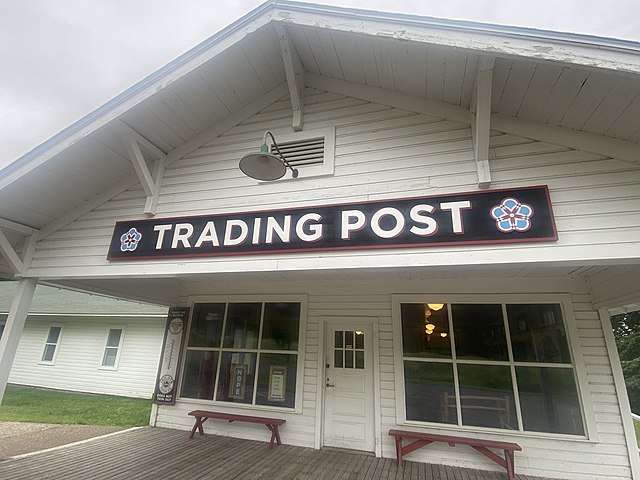
Great Strategy Starts with Sacrifice
by Matt ReiderBefore I get started, I’ll explain why I’m blogging. I began offering pro-bono product advice, hoping to charge a fee someday. While I had some success, balancing a full-time job, family, and personal interests didn’t work out well. What did work out was writing about other people’s challenges. I like it. And, it’s freeing since the problems aren’t tied to my workplace.
Today I’m thinking about the importance of sacrifice in product strategy.
In 2017, a young CEO I worked for explained that certain features would open up a new market segment. With a little too much pride, he said, “See, that’s how strategy works.” But his “strategy” lacked something. Sacrifice. Pain. To me, it didn’t seem like a strategy at all. It was just wishful thinking.
Good product strategy is impossible without hard sacrifices.
Nobody knows that lesson more than “Mike” (from my earlier post Founders Don’t Need a Strategist as the First PM). He spoke about the sacrifice of investing in one area at the expense of another: fewer features that benefitted practitioners, and more features that benefitted buyers.
Mike reached out again a few weeks ago to tell me how things were going.
Mike has moved into a broader sacrifice than feature trade-offs. The company says “no” to sales opportunities without the right profile. Mike is going to resist complete revenue streams in order to build a more focused product.
He came to this decision from watching and learning from customers that were not in his sweet spot. These customers would buy, initially, but they were hard to hold on to. He says they are not “beachhead” customers, quoting Geoffrey Moore’s (dated) book Crossing the Chasm. (Moore calls sweet-spot customers “beachheads” as a reference to the D-Day landing spot).
I guess sacrifices are just another word for trade-offs. But I prefer “sacrifice” - it conveys pain. I also like term “beachhead,” even though it’s dated. Eric Ries or Marty Cagan might use “target customer” or “reference customers,” but these don’t capture Geoffrey Moore’s point - which was more about the sales sacrifice than the product side.
Moore’s famous example of finding the right beachhead was Documentum, a company from the 1990s. Their product sold reasonably well into Aerospace, Finance, and Banking sectors, but they chose to let these go, initially, to focus exclusively on Pharmaceuticals. This was painful, financially, and temporarily, but in the end it led to an amazing product and complete domination in a specific niche.
And from that niche, they expanded back, outwards, to the other industry segments, anchored by the beachhead they’d won.
One thing I appreciate during these discussions with Mike is his humility. His ideas are well thought-out and I am a bit mystified why he wants my opinion. I am totally removed.
“I want the confidence to get the team behind this,” he said. In other words, he isn’t so much looking for my opinions, nor my advice, he’s looking for the criticism that his team will eventually throw at him. And since I am a harsh critic, with a sensitive bullshit meter, I guess I’m a reasonable dress rehearsal for the real thing.
With that. Happy New Year!
*The image of the trading post is licensed under Creative Commons Attribution - Share Alike 2.0 Generic license. Attribution: Myotus